reactions are much faster in the solvents like
A
dimethyl formamide
B
dimethyl sulphoxide
C
hexamethyl phosphoramide
D
alcohol-water mixture.
Text Solution
The correct Answer is:A, B, C
is always favourable in polar aprotic solvents.
|
Updated on:21/07/2023
Related Playlists
- BOOK - MTG-WBJEECHAPTER - HALOALKANESEXERCISE - WB JEE Previous Years Questions (CATEGORY 1 : Single Option Correct Type (1 Mark)2videos
HALOALKANES
- BOOK - MTG-WBJEECHAPTER - HALOALKANESEXERCISE - WB JEE Previous Years Questions (CATEGORY 2 : Single Option Correct Type (2 Marks)2videos
HALOALKANES
- BOOK - MTG-WBJEECHAPTER - HALOALKANESEXERCISE - WB JEE WORKOUT (CATEGORY 2 : Single Option Correct Type (2 Marks)15videos
HALOALKANES
- BOOK - MTG-WBJEECHAPTER - ENVIRONMENTAL CHEMISTRY EXERCISE - WB JEE Previous Years Questions ( CATEGORY 1 : Single Option Correct Type )2videos
ENVIRONMENTAL CHEMISTRY
- BOOK - MTG-WBJEECHAPTER - HYDROGENEXERCISE - WB JEE PREVIOUS YEARS QUESTIONS2videos
HYDROGEN
Knowledge Check
- Question 1 - Select One
The rat eof SN2 reaction is maximum when the solvent is
ACH3OHBH2OCDMSODbenzene - Question 1 - Select One
The rate of SN2 reaction is maximum when the solvent is
Amethyl alcoholBwaterCdimethyl sulphoxideDbenzene - Question 1 - Select One
SN1 reaction is faster in
ACH3CH2ClB CCH3−CH3∣C∣CH3−ClDCH3−CH∣∣CH2∣CH3−Cl
CCH3−CH3∣C∣CH3−ClDCH3−CH∣∣CH2∣CH3−Cl - Question 1 - Select One
Statement -1 : Rate of SN1 reaction is faster than that of SN2 reaction
Statement -2 : SN2 reaction is favoured by polar aprotic solvent
Statement -3 : SN1 reaction involves racemizationATTTBFFTCFTTDTFT - Question 1 - Select One
Aliphatic nucleophilic substitution is mainly of two type SN1 and SN2.SN2 reaction proceed with strong nucleophile in polar aprotic solvent. 3∘ halides do not give SN2 reaction. Inverted products are obtained in this reaction and mechanism of reaction occurs through the formation of transition state.
SN1 reaction proceed through the formation of carbocation in polar aprotic solvent. Solvent itself acts as nucleophile in this reaction. Racemization takes place in SN1 reaction.
Which one of the following will give SN2 reaction ?AH3C−CH3∣C∣CH3−ClB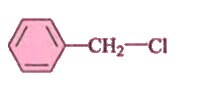 C
C DH2C=CH−Cl
DH2C=CH−Cl - Question 1 - Select One
Aliphatic nucleophilic substitution is mainly of two type SN1 and SN2.SN2 reaction proceed with strong nucleophile in polar aprotic solvent. 3∘ halides do not give SN2 reaction. Inverted products are obtained in this reaction and mechanism of reaction occurs through the formation of transition state.
SN1 reaction proceed through the formation of carbocation in polar aprotic solvent. Solvent itself acts as nucleophile in this reaction. Racemization takes place in SN1 reaction.
Which of the following compounds will give SN1 reaction?APh−CH3∣−∣ClCH2CH3BH3C−ClCH3C−CH2−BrD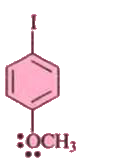
- Question 1 - Select One
Aliphatic nucleophilic substitution is mainly of two type SN1 and SN2.SN2 reaction proceed with strong nucleophile in polar aprotic solvent. 3∘ halides do not give SN2 reaction. Inverted products are obtained in this reaction and mechanism of reaction occurs through the formation of transition state.
SN1 reaction proceed through the formation of carbocation in polar aprotic solvent. Solvent itself acts as nucleophile in this reaction. Racemization takes place in SN1 reaction.
Which one of the following will give racemised product in C2H5OH ?AH3C−C∣CH3H−BrBPh−CH3∣C∣CH3−ClCPh−CH3∣C∣H−ClD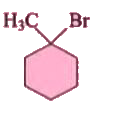
- Question 1 - Select One
Aliphatic nucleophilic substitution is mainly of two type SN1 and SN2.SN2 reaction proceed with strong nucleophile in polar aprotic solvent. 3∘ halides do not give SN2 reaction. Inverted products are obtained in this reaction and mechanism of reaction occurs through the formation of transition state.
SN1 reaction proceed through the formation of carbocation in polar aprotic solvent. Solvent itself acts as nucleophile in this reaction. Racemization takes place in SN1 reaction.
Which one of the following will give SN2 reaction?AH3C−CH3∣C∣CH3−ClB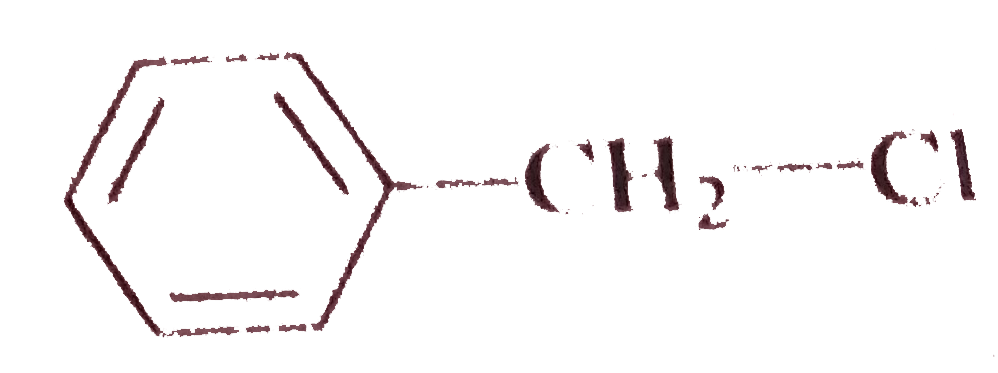 C
C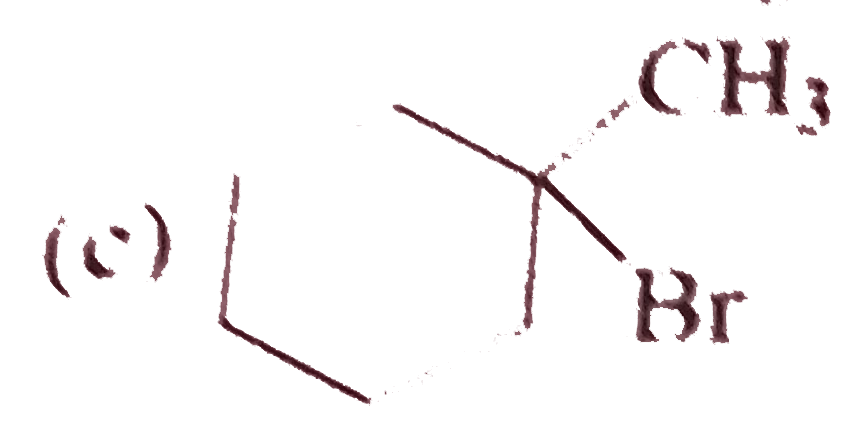 DH2C=CH−Cl
DH2C=CH−Cl

